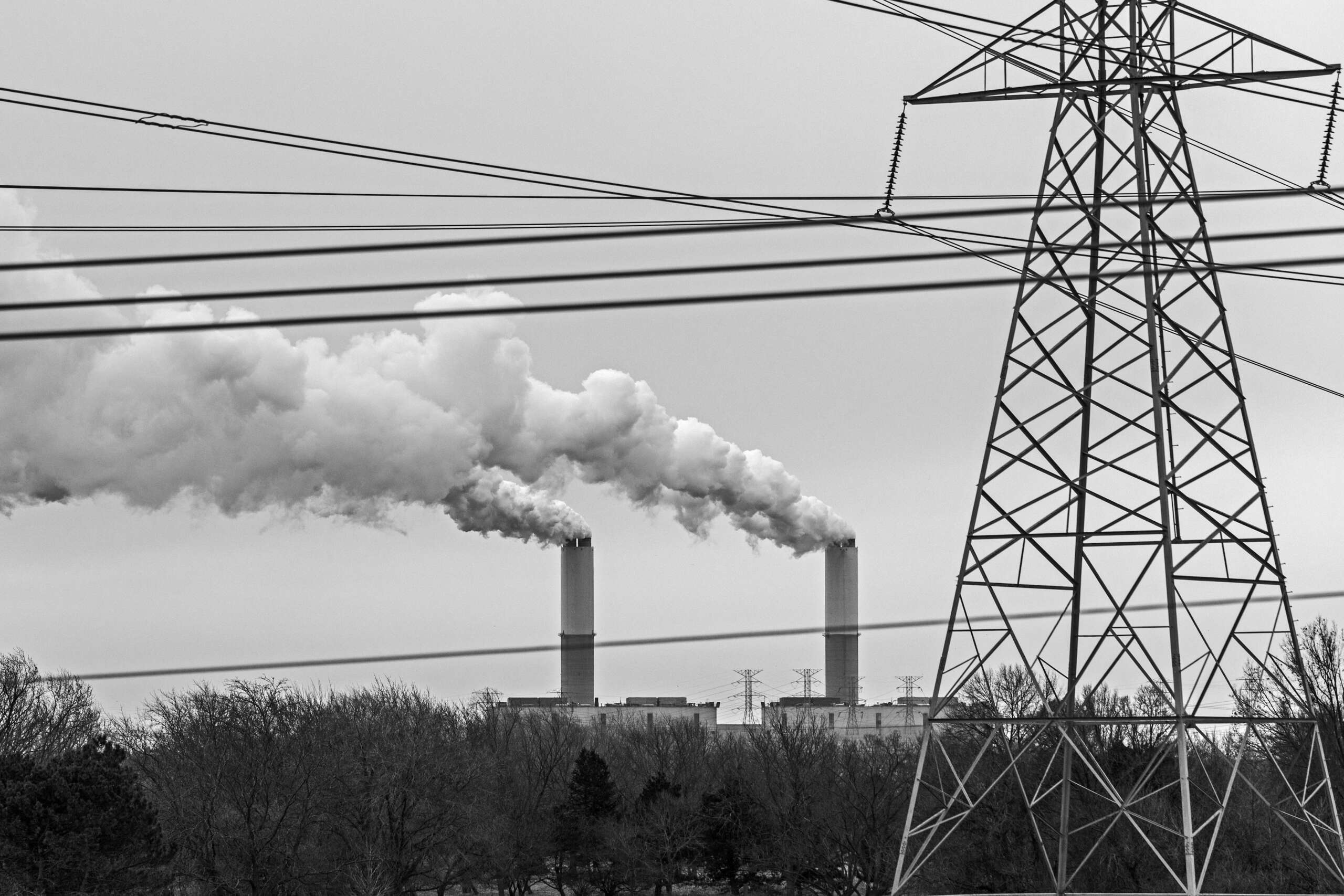Green-Washing 2.0: How 'Abundance' Rhetoric Masks Environmental Rollbacks

The "Abundance" Climate Strategy: A Wolf in Green Clothing
What appears on the surface as a progressive approach to climate action is, in reality, a thinly veiled resurrection of trickle-down economic principles dressed in environmentalist attire. The so-called "abundance" climate agenda represents a dangerous pivot that threatens to undermine meaningful environmental regulation and systemic change.
Proponents of this approach argue that technological innovation and market-driven solutions will magically resolve our climate crisis. However, this narrative conveniently echoes the same economic logic that has historically favored corporate interests over substantive environmental protections. By promising technological salvation, the abundance agenda effectively absolves powerful industries of genuine accountability and structural transformation.
The strategy essentially suggests that unrestricted economic growth and minimal regulatory oversight will somehow generate miraculous green solutions. Yet, history has repeatedly demonstrated that leaving corporations to self-regulate leads to environmental degradation and continued carbon emissions.
True climate progress demands robust policy frameworks, meaningful corporate accountability, and a fundamental reimagining of our economic relationship with the natural world. The abundance agenda represents not innovation, but a sophisticated rebranding of the same neoliberal economic strategies that have brought us to the brink of ecological catastrophe.


:strip_icc()/i.s3.glbimg.com/v1/AUTH_37554604729d4b2f9f3eb9ad8a691345/internal_photos/bs/2025/K/4/EJ30jfSKAtTrQGYagzfQ/sonia-guajajara-brenno-carvalho-agencia-o-globo.jpg)





